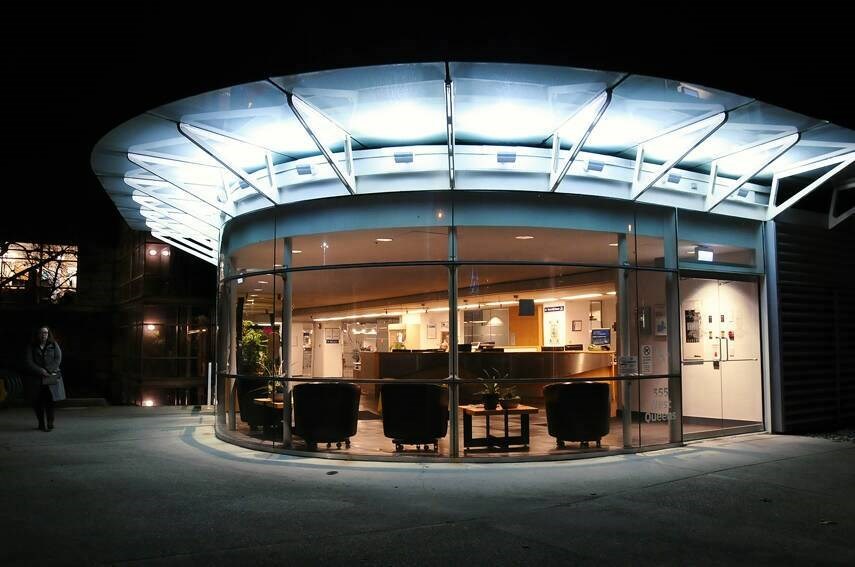Much like their City of North Vancouver counterparts, District of North Vancouver council will be making businesses and residents share equally in this year’s municipal property tax hike.
On April 15, DNV council members debated their seven-per-cent tax increase distribution options for the year – one of the final steps in the budget process.
While some years there is a push to shield businesses from tax increases that may hurt their viability, council quickly found consensus on an across-the-board increase for 2024.
But there was plenty of angst to go around about the district’s finances and impending wallop local property owners will face.
Sewage stinks
Much of the discussion at the table surrounded the ballooning Metro Vancouver utility fees, which are about to skyrocket thanks to the almost $3-billion in cost overruns at the beleaguered North Shore Wastewater Treatment Plant.
If North Shore property owners are forced to shoulder the cost overruns alone, it could add more than $1,000 to their annual tax bills per year for the sewage treatment plant, staff warned.
Several council members expressed a desire that tax bills in the future make very explicit that District of North Vancouver council is not responsible for the Metro Vancouver levies – or even having them billed separately.
District finance staff are working on a longer-term tax strategy that takes into account changes happening in provincial housing laws, that may disproportionately drive up assessments of single-family homes as many become automatically eligible for redevelopment into multiplexes.
Coun. Betty Forbes urged staff to expedite that report while also making a colourful, yet bleak, prediction.
“If we think this year was bad and residents didn’t like seven per cent from just us – the municipality, next year, they’re going to be lighting councillors' houses on fire. It needs to be looked at ASAP,” she said.
Even with the morose mood over the state of mounting Metro Vancouver costs, Mayor Mike Little did note the good value residents get on the whole, defending the process of supplying and paying for utilities as a region.
“You think ‘What is it worth to me to flush my toilet every day all year round?’ $427 is a pretty screaming deal,” he said. “It’s a fraction of what you would pay if you commercially went out and had to buy water for your house. So there is good value in working together as a region to be able to pay for these things.”
Tax unfairness
Council members also called attention to a long-festering issue in heavy industrial taxes – provincial legislation that artificially “caps” the value of some major waterfront lands for tax purposes, forcing the remaining uncapped property owners to pay disproportionately higher tax bills than their neighbours.
The BC Liberals passed the Port Property Tax Act in 2004, intending to spur investment in export terminals.
As the disparity in the tax bills has grown, the uncapped property owners have been appealing their assessments, a process that can take years to play out while exposing the district to the financial risk of having to pay back millions in collected taxes if the appeals are successful. To mitigate that risk, council has upped the tax rate for the industrial landbase to create a reserve that will cover the losses if the property owners’ appeals are successful.
James O’Connell, financial manager for Allied Shipbuilding – which is one of the non-capped properties – reminded council that heavy industry on the North Shore only accounts for about 1.2 per cent of total assessed values, yet those owners pay almost 10 per cent of the total taxation revenue.
O’Connell told council Allied’s tax bill will come out to about $500,000 this year, or roughly $5,000 per employee.
“We continue to maintain that this funding is far above what we consider our fair share, especially given our level of service that we require, which I would say is on the low end,” he said, calling for council to show fiscal restraint. “We do think that all governments in general have to start taking a little closer look at spending in the future.”
The BC NDP reviewed the act in 2019, but it remains the “most significant issue” in equitably taxing for the district’s needs, said CAO David Stuart.
“We’ve made this very clear to the province. We’re hopeful they’ll adjust it by some point this year,” he said.


